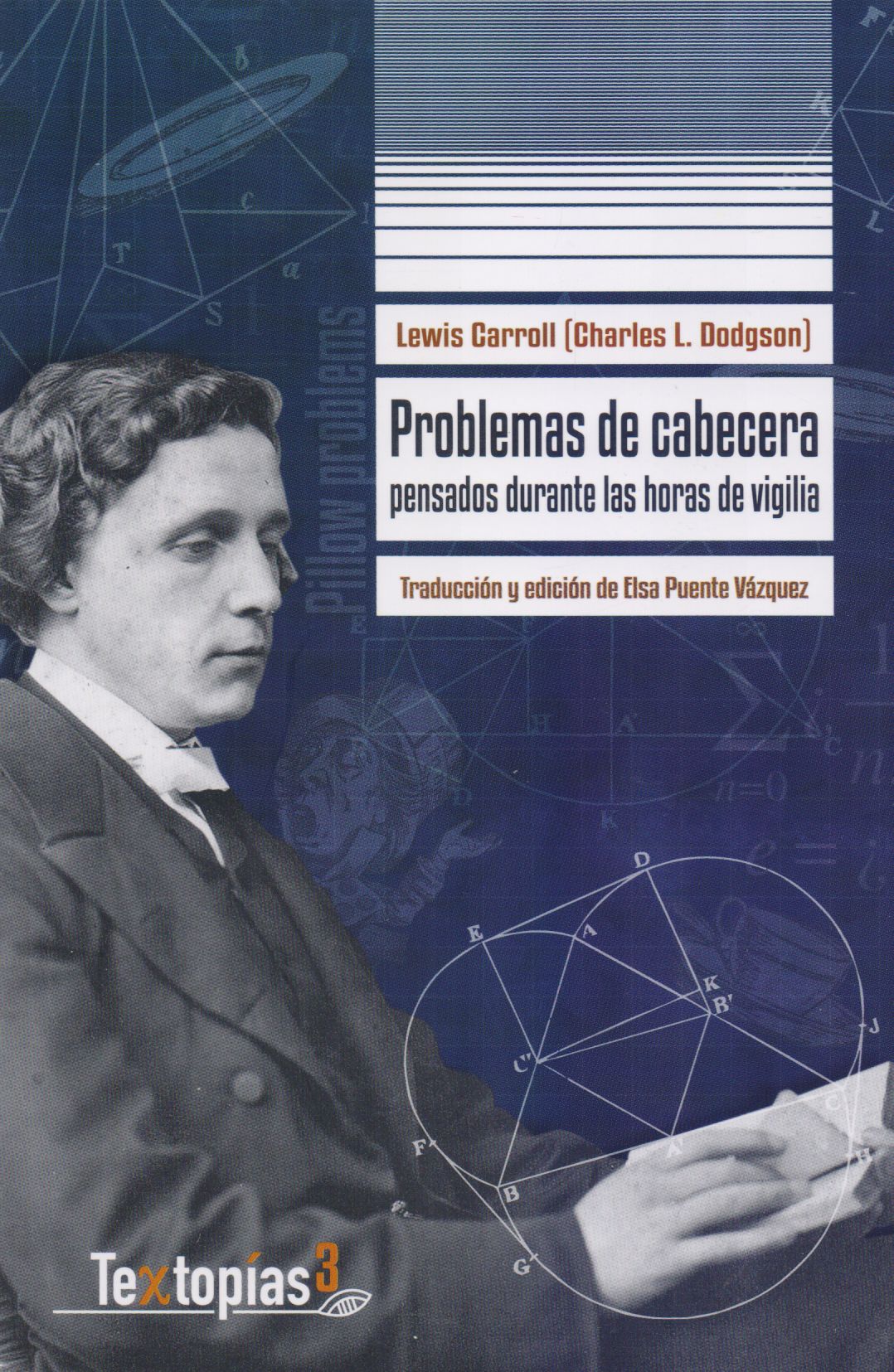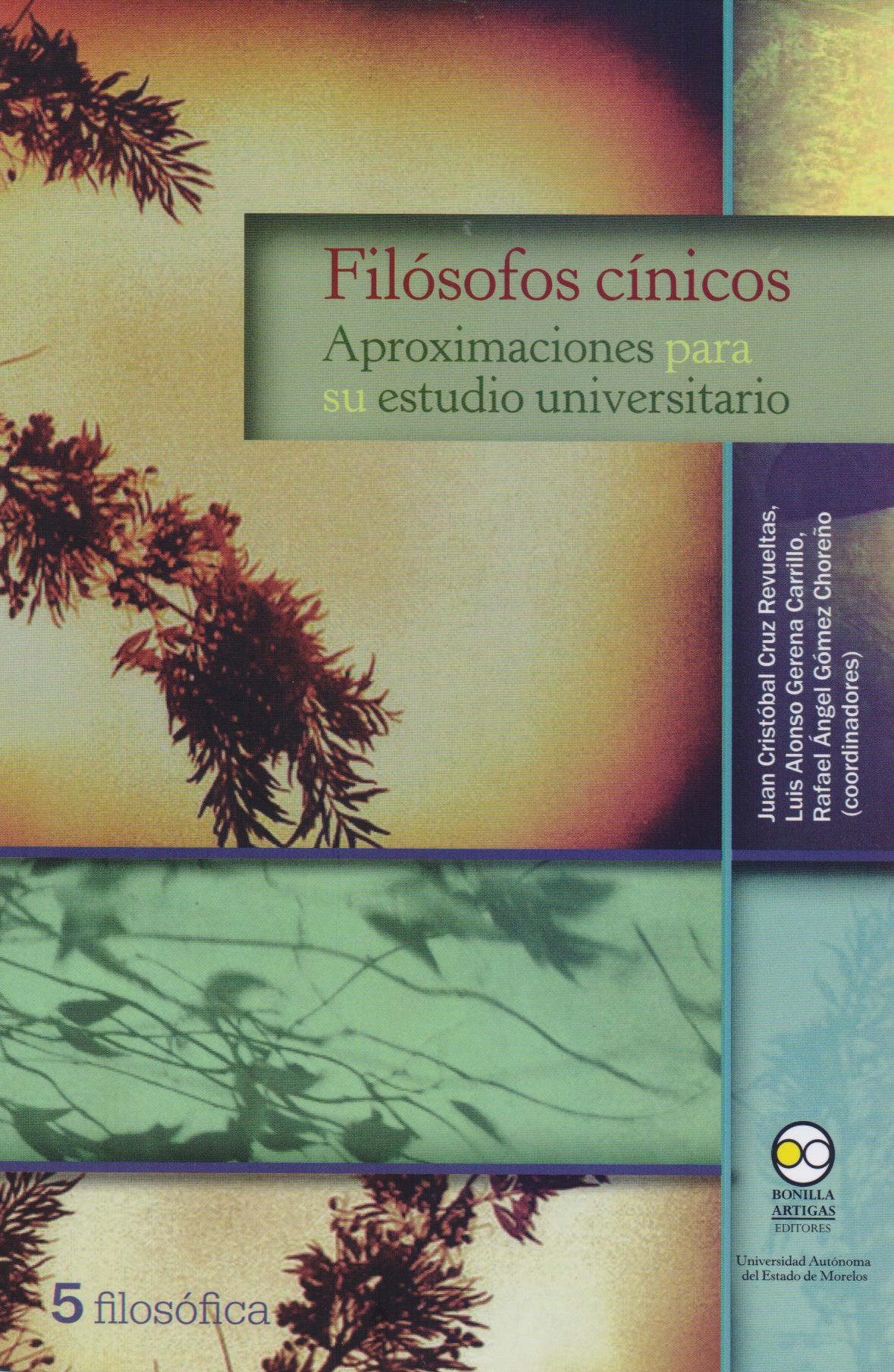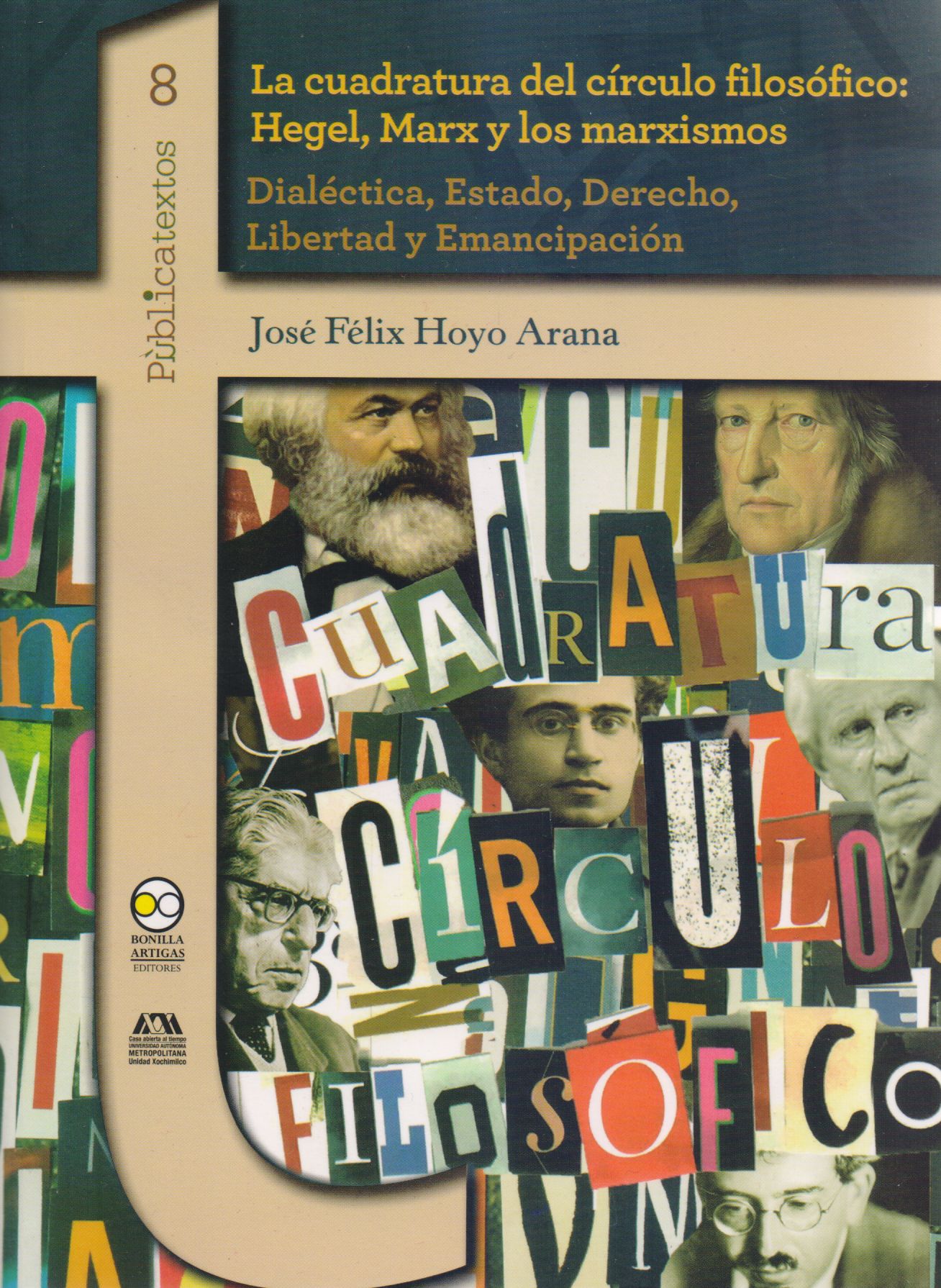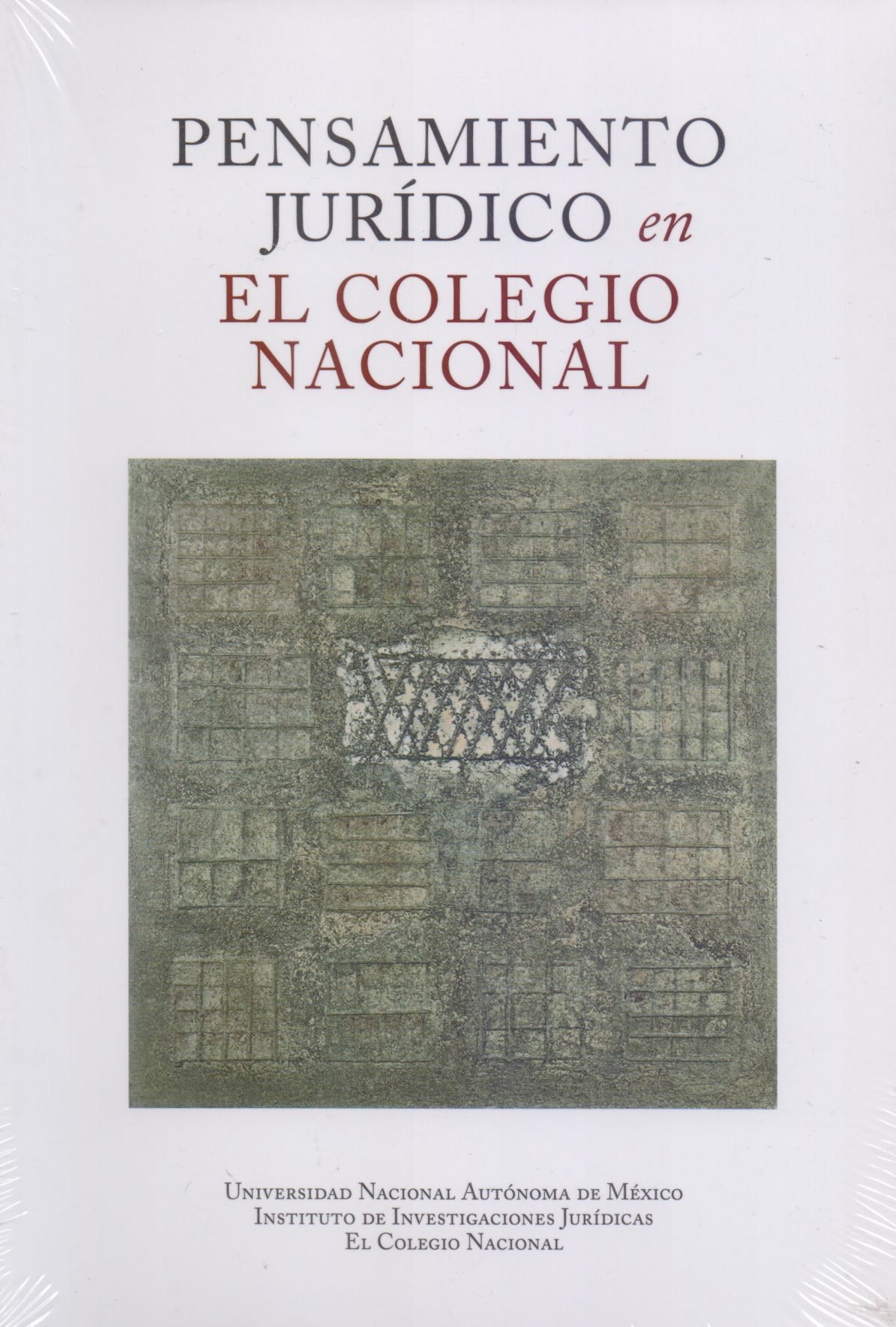Libros relacionados
 |
Problemas de Cabecera: Pensados Durante Horas de Vigilia Carroll, Lewis (Charles L. Dodgson) Bonilla Artigas Editores |
 |
Filósofos Cínicos: Aproximaciones Para Su Estudio Universitario Cruz Revueltas, Juan Cristóbal / Gerena Carrillo, Luis Alons Bonilla Artigas Editores |
 |
Teatro Átmico, Sagrado Sacerdocio: Ensayo Filosófico y Teoría Científica Sobre T Rangel Mora, Zonia Editorial Verdesoma |
 |
Concepto Poíesis en la Filosofía Griega, El: Heráclito-Sofistas-Platón Lledó, Emilio Academia Mexicana de la Lengua |
 |
Cuadratura del Círculo Filosófico, La: Hegel, Marx, y los Marxismos Hoyo Arana, José Félix Bonilla Artigas Editores |


|
Título: Ethics Of Protocells, The. | |
| Autor: Bedau Mark, Parke Emily | Precio: $392.00 | |
| Editorial: The Mit Press | Año: 2009 | |
| Tema: Estudio, Filosofia, Bioetica | Edición: 1ª | |
| Sinopsis | ISBN: 9780262512695 | |
| Teams of scientists around the world are racing to create protocells_microscopic, self-organizing entities that spontaneously assemble from simple organic and inorganic materials. The creation of fully autonomous protocells_a technology that can, for all intents and purposes, be considered literally alive_is only a matter of time. This book examines the pressing social and ethical issues raised by the creation of life in the laboratory. Protocells might offer great medical and social benefits and vast new economic opportunities, but they also pose potential risks and threaten cultural and moral norms against tampering with nature and "playing God." The Ethics of Protocells offers a variety of perspectives on these concerns.
After a brief survey of current protocell research (including the much-publicized "top-down" strategy of J. Craig Venter and Hamilton Smith, for which they have received multimillion dollar financing from the U.S. Department of Energy), the book treats risk, uncertainty, and precaution; lessons from recent history and related technologies; and ethics in a future society with protocells. The discussions range from new considerations of the precautionary principle and the role of professional ethicists to explorations of what can be learned from society's experience with other biotechnologies and the open-source software movement. |
||
Librería Bonilla SA de CV © Todos los derechos reservados. 2019
Última actualización: Jul 2019





